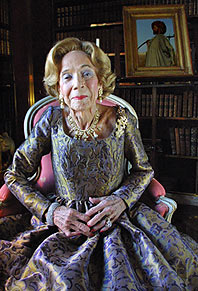
This blog isn’t dead, it’s sleeping. Or it has Seasonal Affective Disorder, or is consumed by learning French, or is training for a marathon. In the case of our Leets, she’s a mother to a brand new baby boy, and we’re so proud.
Anyway, in this slow season, I am inclined to draw on time-tested pastimes, namely, leisure reading. Kristy prolifically book-blogs all year-round, but for me the fire comes and goes. I never understand the things about beach reading, because for me in the summer, it’s getting tan, drinking beer and chasing boys, but in the winter, its books, books, books. One of the gestures I wish I had made more as a librarian is trying to engage my colleagues with questions about what they were reading. I mean, I don’t really understand the modern sci-fi/fantasy genre, aside from Octavia Butler, but a lot of librarians love it, and I wish I had gotten someone to passionately explain it to me. Unbashful book-talking is one of the things they teach you in YA and kid lit classes, but it seems like such an innate skill to me, and one that’s so socially conditional. Why do you think Nancy Pearl is so beloved? Like, you can talk to your friends for hours about sneakers, Stevie Nicks, Willa Cather, Herzog movies, and what you want to eat for brunch, but can you talk to a stranger, on demand about those things?
So, fellow librarians, how do you book-talk sucessfully? And more importantly, what are you reading now? I’m rereading Seduction and Betrayal in memoriam of Elizabeth Hardwick, and am slowly working through Sylvia Townsend Warner’s Summer Will Show. I’ve run through John Cheever’s stories and am halfway through a copy of Falconer I found on the street in Park Slope a month ago. And last, but not least, have spent the past few nights buried in Ceruzzi’s A History of Modern Computing.



 Posted by kristy
Posted by kristy 
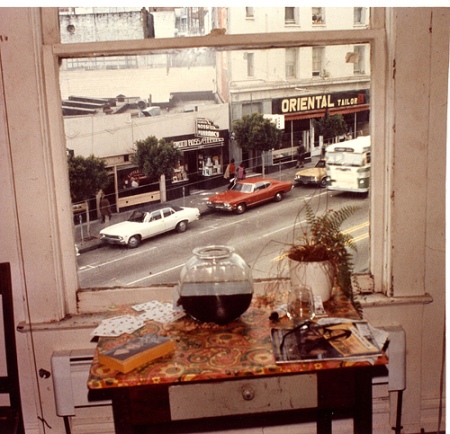

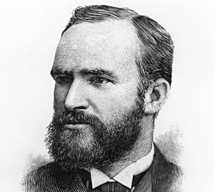

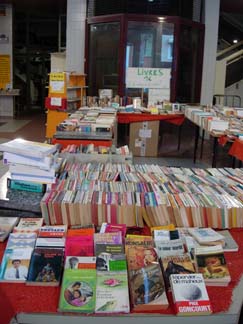
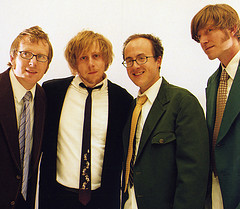 These attractive gents not only form the rocking Chapel Hill band
These attractive gents not only form the rocking Chapel Hill band 
